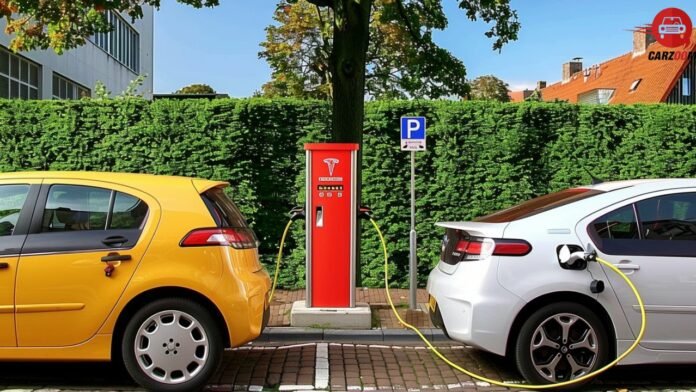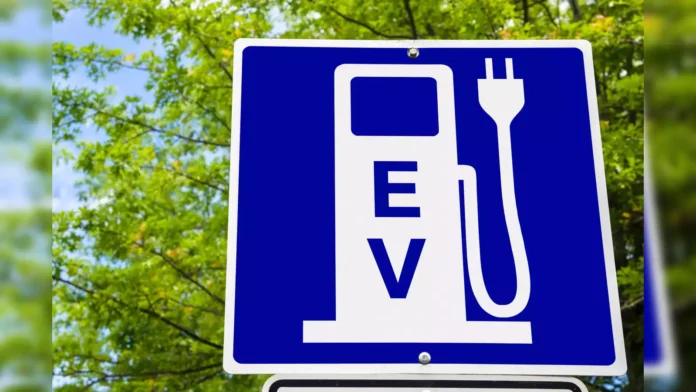Nitin Gadkari, the minister of transportation and highways, has made a significant comment regarding the incentives provided for EVs. He thinks that manufacturers of electric vehicles are no longer in need of subsidies. According to heavy industries minister H.D. Kumaraswamy, the third phase of the FAME plan is expected to be finalized in a month or two, therefore this is a significant announcement.
Gadkari’s Announcement
According to the Minister, there isn’t much demand for subsidies in the electric business. He further mentioned that the goods and services tax (GST) on electric vehicles is only 5%, but the GST on gasoline and diesel vehicles is 48%. If someone is anticipating government subsidies, even with a 5% GST, I honestly believe that we no longer require subsidies.
He further stated that incentives are no longer necessary for Indian consumers to buy EVs. He attributed this to rising adoption and falling battery costs, which will further reduce the cost of electric vehicles. In two years, he predicts, EV pricing will converge with those of ICE cars. According to him, the cost of lithium-ion batteries has significantly decreased, falling from $150 per kilowatt-hour to $107–108.

Declining Electric Vehicles Sales
Despite the government’s lofty goal of having 30% of vehicles on the road by 2030, sales of electric and four-wheelers indicate otherwise. As of August 2023, just 5.28% of all two-wheelers sold since 2018 were electric, while just 1.99% of all sales were electric four-wheelers, according to data from the Ministry of Heavy Industries. In addition, the market leaders in sales of electric three-wheeler rickshaws experienced a nearly 21% year-over-year decline in the June quarter. The Society of Indian Automobile Manufacturers (SIAM) provided these statistics. August EV sales showed a 16% year-over-year fall, according to the Vaahan dashboard.
Government Grants and Electric Vehicles
Subsidies have been essential in driving the sales of electric vehicles (EVs) in India in recent years. The Faster Adoption and Manufacturing of Hybrid and Electric Vehicles (FAME) program, which offered financial incentives for EV purchases, was a major contributing factor in this. The sales of two-wheelers and public transportation vehicles such as e-rickshaws experienced a notable increase as a result of this strategy. As of right now, the FAME policies have been implemented in two phases: FAME I, which supported infrastructure and ran from 2015 to 2019, and FAME II, which placed a focus on localizing the manufacturing of EV components.


